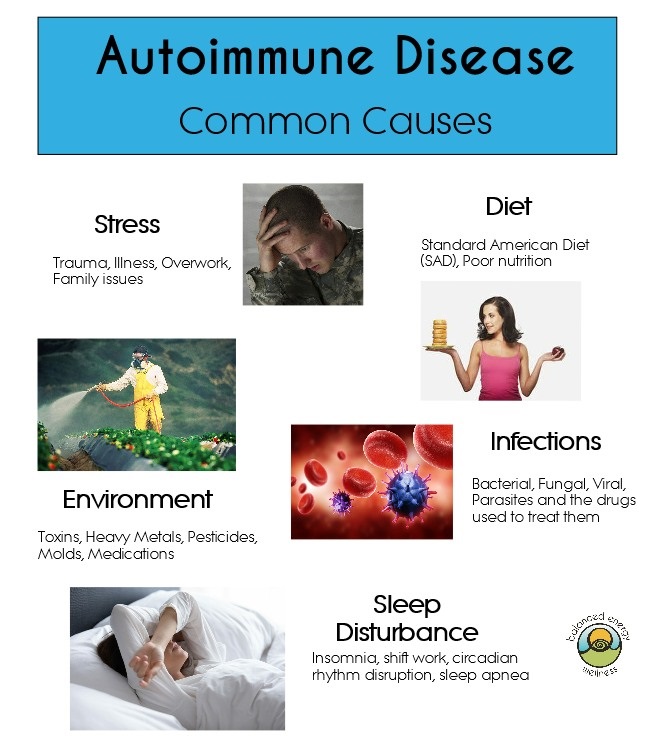What Autoimmune Disease Cause Hives
Autoimmune diseases have become increasingly common in recent years. According to research, approximately 50 million Americans live with an autoimmune condition. While these diseases are considered chronic, chronic hives are a common symptom that can accompany autoimmune thyroid disease. In this blog, we explore the connection between chronic hives and autoimmune thyroid disease and discuss methods for managing these conditions.
What are Chronic Hives?
Chronic hives, also known as chronic urticaria, is a condition that can affect the skin. It is characterized by red, itchy welts that vary in size. These welts may appear and disappear without warning. It is known that approximately 1-5% of the population will experience chronic hives at some point in their lives. However, complications may arise for those who have or are at risk for autoimmune conditions.
Autoimmune Thyroid Disease
An autoimmune disease occurs when the immune system mistakenly targets healthy cells in the body. This causes inflammation, leading to various symptoms depending on the affected area. Autoimmune thyroid diseases such as Hashimoto's thyroiditis and Graves' disease present when the immune system attacks the thyroid gland, causing it to overproduce or underproduce hormones. It is estimated that people with autoimmune thyroid disease can develop chronic hives as a symptom, aside from classic symptoms such as fatigue, weight gain or loss, and mood changes.
The Connection between Chronic Hives and Autoimmune Thyroid Disease
Research has shown that chronic hives may be related to autoimmune thyroid disease. It is believed that antibodies targeting the thyroid gland may play a role in triggering chronic hives. Some of the possible causes of these autoimmune conditions include genetic predisposition, stress, and environmental factors.
Managing Chronic Hives and Autoimmune Thyroid Disease
If you have chronic hives and autoimmune thyroid disease, managing your symptoms can feel overwhelming. However, there are several options available to help reduce the frequency and severity of your symptoms, including:
- Identifying and avoiding triggers for chronic hives outbreaks, such as stress, certain foods, or insect bites.
- Managing your autoimmune thyroid disease through medications such as levothyroxine or antithyroid medications, which aim to regulate hormone production and prevent inflammation.
- Exploring alternative therapies, such as acupuncture or herbal remedies to support skin and thyroid health.
Takeaways
Chronic hives are a common symptom of autoimmune thyroid disease, a condition that affects millions of Americans. While the exact cause of chronic hives is unknown, research suggests that there may be a relationship between chronic hives and autoimmune thyroid disease. By taking steps to manage your symptoms and exploring various treatment options, you can experience improved quality of life and better manage your autoimmune condition.
Sources
- American Academy of Allergy, Asthma & Immunology
- Endocrine Web
- National Center for Biotechnology Information
Image Sources
Are Chronic Hives Related to Autoimmune Thyroid Disease?

Help for Autoimmune Disease Balanced Energy Wellness
